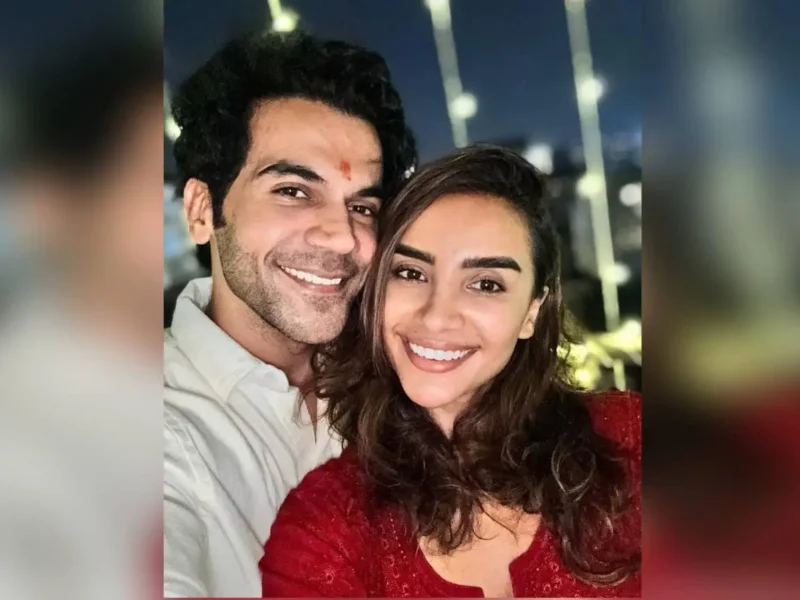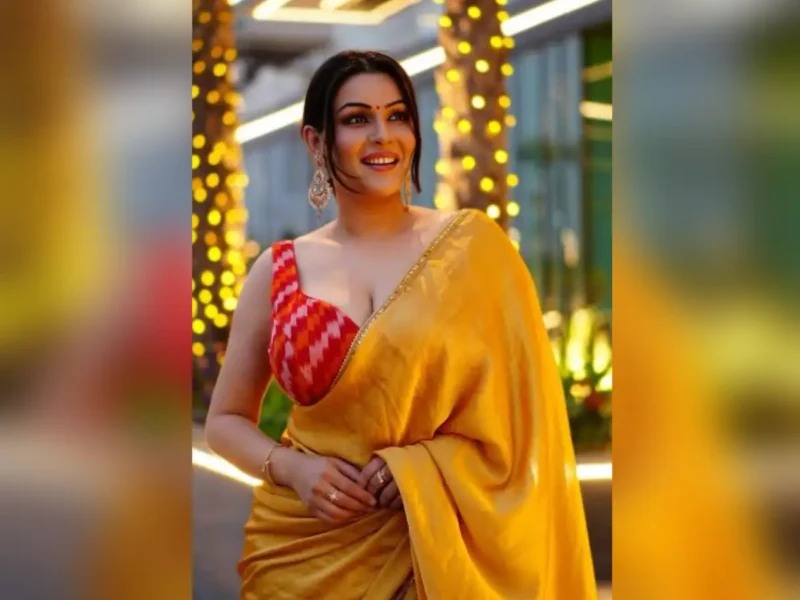Dev Anand: The Timeless Icon of Indian Cinema
MUMBAI (ANI) – Dev Anand, the charismatic actor, producer, and director, remains an enduring icon of Indian cinema. Renowned for his suave looks, effortless charm, and impeccable acting, Anand created a legacy that continues to captivate audiences.
As we remember this legend, here’s a look at some of his most iconic films that not only defined his illustrious career but also played a pivotal role in shaping Indian cinema.
Guide (1965)
Considered one of the finest films in Indian cinema, Guide was based on R.K. Narayan’s novel and directed by Vijay Anand, Dev Anand’s brother. Anand’s portrayal of Raju, a tourist guide turned spiritual leader, alongside Waheeda Rehman, was mesmerizing. The film explored themes of love, freedom, and spiritual enlightenment, earning critical acclaim and audience adoration. S.D. Burman’s music, especially the hauntingly beautiful “Aaj Phir Jeene Ki Tamanna Hai,” remains timeless.
Baazi (1951)
Directed by Guru Dutt, Baazi introduced Dev Anand as the quintessential anti-hero of Hindi cinema. Playing a rebellious young man drawn into a world of crime and moral dilemmas, Anand’s magnetic performance left a lasting impression. The film’s romantic anthem “Mere Labon Pe Chhipe” further cemented its legacy.
Tere Ghar Ke Samne (1963)
This light-hearted romantic comedy showcased Dev Anand’s impeccable comic timing. Starring opposite Nutan, Anand played a young man navigating familial objections while falling in love with his neighbor. The film was a massive hit, highlighting Anand’s versatility beyond intense roles. Its catchy title track, “Tere Ghar Ke Samne,” continues to charm audiences.
Johny Mera Naam (1970)
A milestone in the “supercop” genre, Johny Mera Naam featured Dev Anand as a detective seeking revenge for his parents’ murder. Packed with action, suspense, and a stellar soundtrack, including the chartbuster “Pal Bhar Ke Liye Koi Hume Pyaar Kar Le,” the film showcased Anand’s ability to balance toughness with vulnerability, endearing him to fans of thrillers.
Kala Pani (1958)
In Kala Pani, Anand delivered a compelling performance as a man wrongfully convicted of murder. The film tackled corruption and social justice—themes ahead of their time—and featured the legendary Madhubala. The song “Acha Ji Main Haari” remains a classic favorite.
Hare Rama Hare Krishna (1971)
Dev Anand’s directorial debut, Hare Rama Hare Krishna, explored the counterculture movement of the 1970s, addressing themes like drug abuse and generational conflict. Zeenat Aman’s breakthrough performance and the iconic song “Phoolon Ka Taron Ka” made this film a landmark success.
Beyond these masterpieces, Dev Anand starred in and contributed to other memorable films such as Jewel Thief, CID, Taxi Driver, and Paying Guest. Over a career spanning six decades and more than 100 films, he not only entertained but inspired generations of filmmakers and actors.
A recipient of prestigious honors like the Padma Bhushan and the Dadasaheb Phalke Award, Dev Anand left an indelible mark on Indian cinema. He passed away at the age of 88 on December 3, 2011, following a cardiac arrest in London’s Washington Mayfair Hotel. His final directorial venture, Chargesheet, was a testament to his undying passion for filmmaking.




